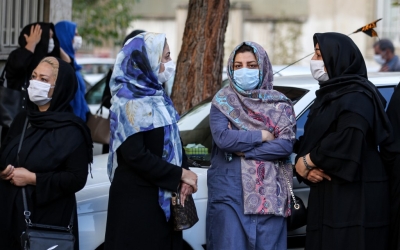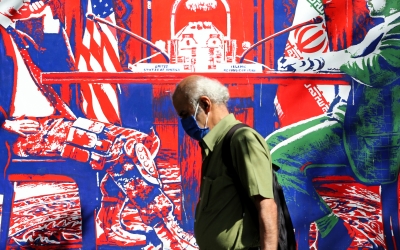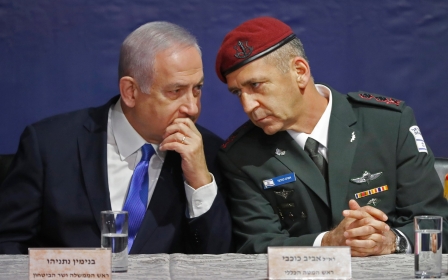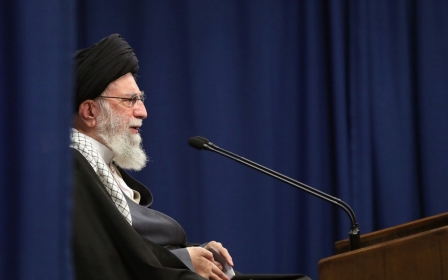Iranian press review: Outrage after lawmaker slaps and intimidates traffic officer
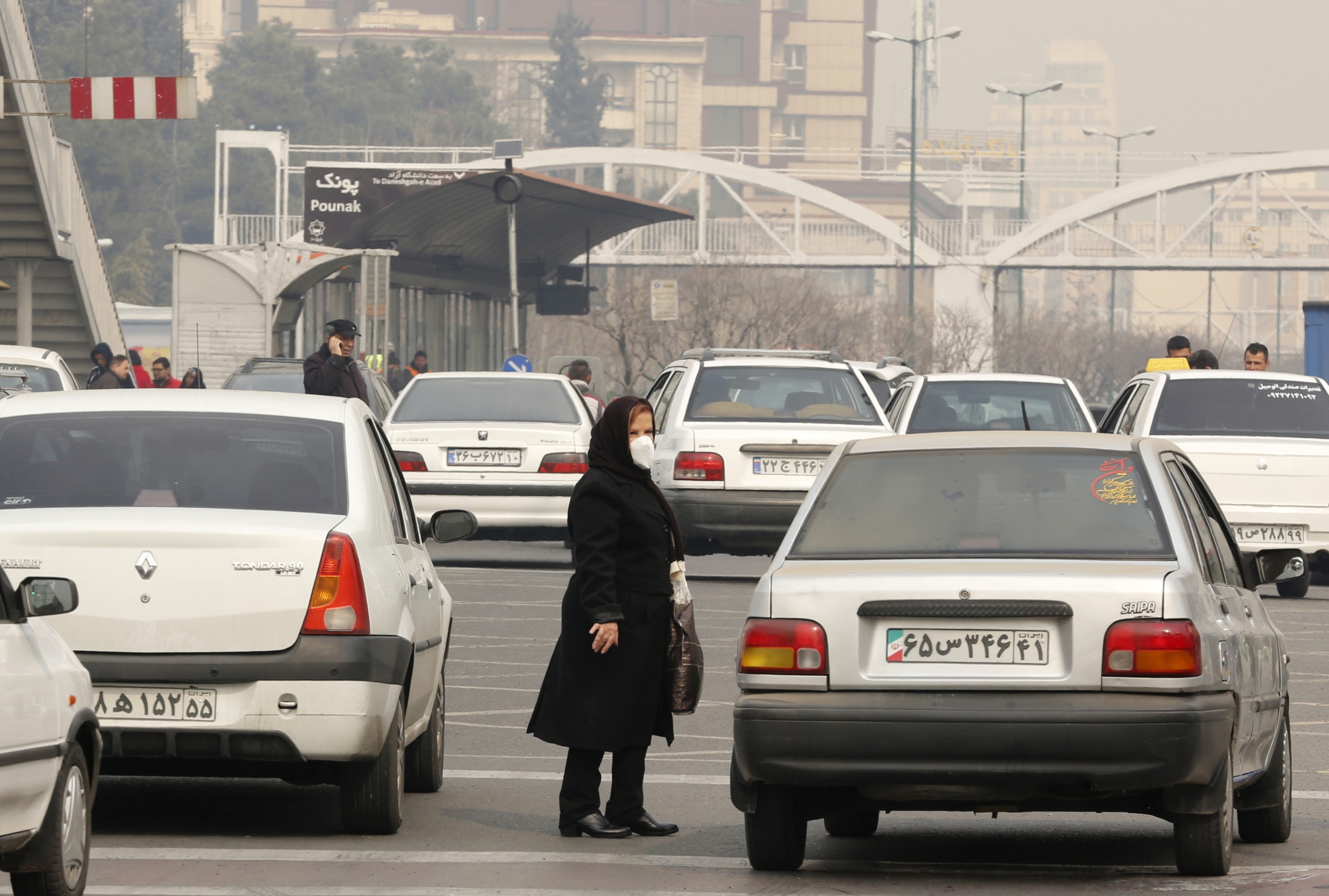
Outrage after lawmaker slaps and intimidates traffic officer
A physical altercation between a conservative legislator and a traffic police officer on a busy street in central Tehran has sparked outrage among Iranians who widely believe that politicians are acting with impunity.
On Sunday, a video went viral on Iranian social media in which Abed Akbari, a young policeman serving his compulsory military service as a traffic officer, explained that he stopped a car that wanted to illegally enter the public transport bus-only lane, but the driver and passenger insulted and slapped him.
In the video, a car with tinted windows is seen blocking the bus lane and causing heavy traffic. Other drivers at the scene say they had witnessed the lawmaker in the backseat of the car slapping the traffic officer.
On Saturday, the incident appeared on the frontpages of most Iranian dailies, condemning politicians who disregard the law and are seldom held accountable.
New MEE newsletter: Jerusalem Dispatch
Sign up to get the latest insights and analysis on Israel-Palestine, alongside Turkey Unpacked and other MEE newsletters
Under the pressure of public opinion, the lawmaker, Ali Asghar Annabestani, said in a statement that he did not get out of the car during the scuffle between his driver and the traffic police.
After a week of public anger directed at him, Annabestani published a video in which he apologised to Iranians, but not the police officer, and instead thanked him for "protecting the law".
This apology came after the politician accused the officer of attacking him with a baton and insulting him and the driver, by saying: "No matter which asshole you are, you cannot pass through", a sentence that went viral on Iranian social media.
Some social media users suggested that if no one supported the young officer it would be him, and not the MP, who would be prosecuted.
Meanwhile, under the headline "Angry officials’ syndrome", the Khorasan daily wrote about past incidents in which politicians physically attacked public service providers, customs clerks, police officers and journalists.
"These incidents have revealed that the guilty officials were never punished in previous incidents," the daily wrote.
"Based on that, officials learned that they can treat people as they wish, and if footage of the incident went viral on social media, they would just offer an apology and everything would be fine.”
Female referee told to stop speaking out on discrimination
The referees' committee of Iran's football federation has pressured Aso Javaheri, a well-known female football referee, to choose between football and academic work due to her public statements on gender discrimination, ISNA news agency reported.
Javaheri, a former women's futsal champion, holds a PhD in economic sociology and her research focuses on gender discrimination and inequality in professional sports.
According to ISNA, Javaheri's interviews with Farsi media and the academic articles she has published on the issues that Iranian women's football and futsal players face have angered officials in Iran's football federation.
"I was threatened by the head of the referees' department that I would be banned from officiating if I give interviews about football," she was quoted as saying by the news agency.
"They told me that I should not talk or write about women's football in Iran, unless I do not mention anything about the inequalities and discrimination.”
Since November, Javaheri has not officiated any matches in Iran's football league, and despite her experience, she was chosen as the fourth referee for an unimportant match in the first week of February.
In 2019, Javahir was among 30 women referees who were suspended from officiating football matches for two weeks in Iran. That year, women referees protested against unbearable working conditions and demanded their unpaid wages.
Brain drain hurts Iran 'more than war and sanctions'
Iranian experts have warned that the damage inflicted on Iran's economy by emigration has been worse than that of the eight-year Iran-Iraq war or US sanctions on Iranian oil exports.
Local media have reported that over 150,000 university graduates leave Iran every year. This figure costs the country $60bn annually and puts Iran on top of the list of developing countries suffering from brain drain.
According to the Arman daily, the largest numbers of educated Iranians, who left the country in recent years, live in the United Arab Emirates, the United States, Canada, Germany and the United Kingdom, respectively.
In an interview with the newspaper, Iranian sociologist Majid Abhari warned that Iran has lost its most valuable capital due to emigration.
"Oil wells, gas reserves or mines are not the main capital of a country," Abhari was quoted as saying. "The genius and young talents are the main capital of one country."
Abhari also told Arman that most Iranian university graduates leave the country not only due to the current economic crisis but also due to the ongoing social and political crackdown, as well as a high level of corruption.
"When a highly educated person, a graduate of Iran's top universities, cannot find a job but the uneducated children of the elite are appointed at some of the highest-paying government jobs, the emigration of the Iran’s educated youth comes as no surprise," he added.
*Iranian press review is a digest of reports that are not independently verified as accurate by Middle East Eye.
Middle East Eye delivers independent and unrivalled coverage and analysis of the Middle East, North Africa and beyond. To learn more about republishing this content and the associated fees, please fill out this form. More about MEE can be found here.


